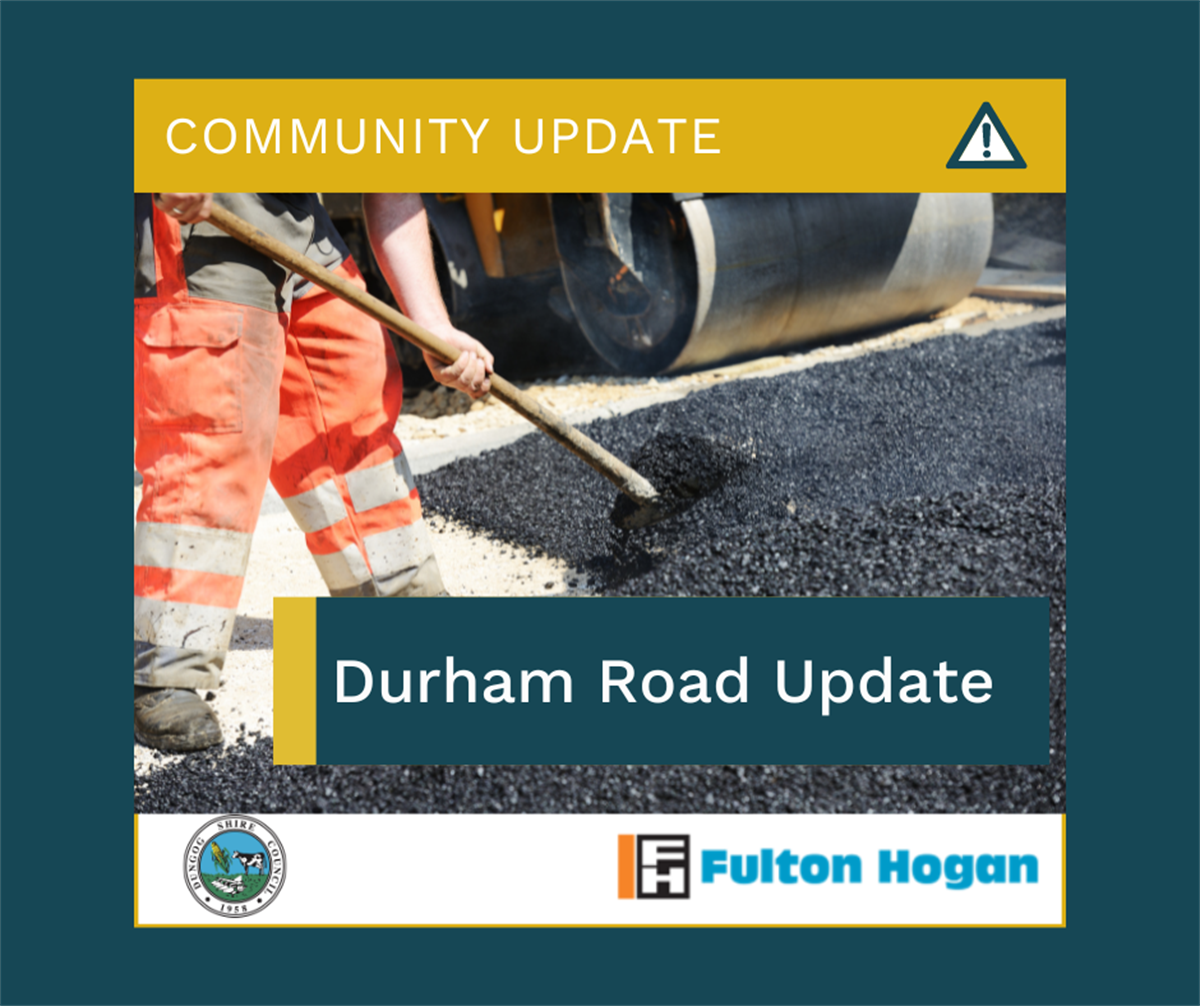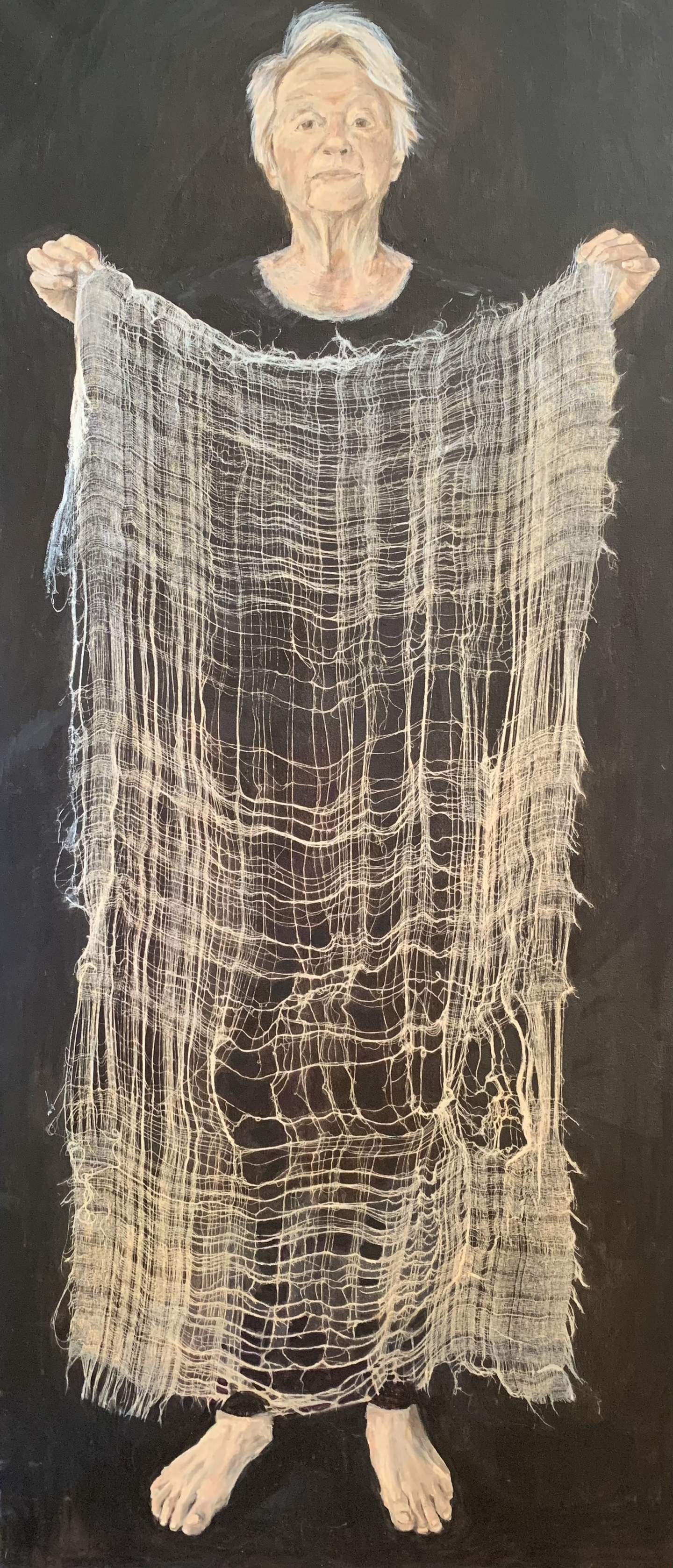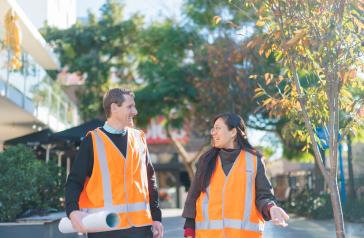Victim-survivors calling to report or discuss domestic and family violence (DFV) matters with the Queensland Police Service (QPS) will receive enhanced support based on trauma informed practices and lived-experience learnings following the rollout of additional state-wide training to our emergency Triple Zero (000) and non-urgent Policelink call takers.
Thirty-five officers and civilian staff from Police Communications Centres (PCC) and Policelink, attended a two-week in-depth train-the-trainer course specifically designed to enhance their practices, gain a better understanding of legislation, and ensure Queenslanders experiencing or reporting DFV are provided with victim-centric and trauma informed responses.
The additional training implemented further learnings around management of DFV matters, including the behavioural influence stairway model, de-escalating situations, and providing better support to destressed or vulnerable callers.
The Service also sought out lived experience by the late Hannah Clarke’s parents – Sue and Lloyd Clarke, to ensure call takers understand the different dynamics of DFV and unhealthy relationships from every angle.
A significant driving force behind the added training was Senior Education Training Officer and Co-ordinator of our Police Communications Group, Acting Senior Sergeant Michelle Harris, who co-ordinated the new content development and delivery.
She said the new training ensured that from the very first interaction a community member has with police about violence in the home or in a relationship, our workforce is better equipped to disrupt, respond to, and investigate the matter.
“We recognise that calling the police and asking for help, or reporting violence, can be intimidating and scary – so this training goes deeper into providing support for our callers and ensures we are providing the best possible service to Queenslanders from their first contact with us,” she said.
“Our Service will continue to invest in our people to ensure we understand the dynamics of DFV relationships as a whole and take action to protect the victim survivor and hold the perpetrator to account.
“I am looking forward to those who attended the training to take their learnings back to their respective areas and implement further change including how emergency and non-urgent call takers respond to reports of DFV in our community.”
The course will begin rolling out to further PCCs this month and is expected to be delivered state-wide over the next 14 months to all emergency and non-urgent Queensland Police call-takers to further improve our support to victim-survivors through enhanced victim-centric and trauma informed call handling, supported by better understanding and application of DFV legislation.
Additional training was established following a recommendation from the Commission of Inquiry into QPS responses to DFV, to strengthen the understanding and skills of QPS members through robust and regular training to support safer families and better communities.
Support is available for all Queenslanders affected by DFV – online, over the phone or in person. You will be listened to and believed.
To find local DFV support in your area, visit the Queensland Government support for victims of abuse.
If you or someone you know is experience domestic and family violence, you should report it to police. Phone Triple Zero (000) if DFV is happening now or a life is threatened.
Support and counselling is available from the following agencies:
- DVConnect Womensline: 1800 811 811
- DVConnect Mensline: 1800 600 636
- 1800 RESPECT: 1800 737 732.
If you are concerned about your own behaviour or think you might be using controlling behaviours, you’ve made the right decision by seeking help.
- Lifeline: 13 11 14
- Men’s Referral Service: 1300 766 491
- Brother to Brother (First Nations): 1800 435 799.
More information is also available from the Queensland Government Domestic and Family Violence portal.



If you or someone you know is experiencing domestic and family violence, you should report it to police.
Support and counselling is available from the following agencies:
- DVConnect Womensline: 1800 811 811
- DVConnect Mensline: 1800 600 636
- 1800 RESPECT: 1800 737 732
More information is also available from the Queensland Government Domestic and Family Violence portal.








